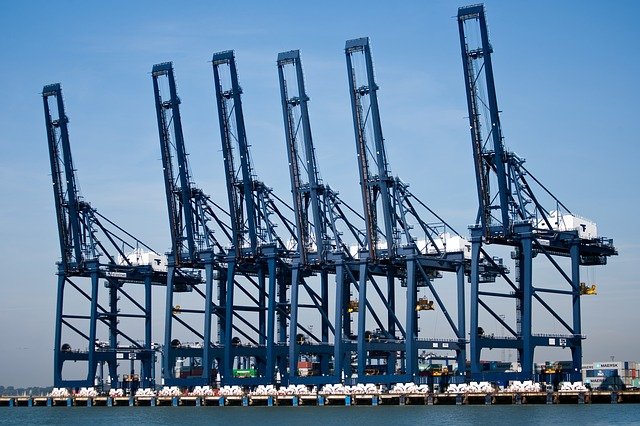Border to Coast appoints back office operator
LGPS pool Border to Coast has appointed Northern Trust as its third party administrator and depositary following a procurement exercise. Northern Trust and Border to Coast will work in partnership to develop an operating model for pooling the assets of the twelve partner funds.
Fiona Miller, chief operating officer of Border to Coast, said “Through their long-term partnership with the LGPS and extensive expertise in Authorised Contractual Scheme structures, Northern Trust’s understanding of our needs and the culture we want to build make them a natural partner for Border to Coast.”

LGA investigates Brexit impact on port councils
The Local Government Association is working with a number of councils in port areas to assess the potential impact of Brexit. The study will consider statutory responsibilities held by local authorities at ports of entry, including food and animal hygiene.
Minutes of an LGA meeting said: “We are currently looking at future scenarios with a number of port towns to identify any new or additional responsibilities which could fall to councils once we leave the EU. Any new responsibilities would need to be fully funded.”
London CIV puts Newton funds ‘on watch’
LGPS pool London CIV has put two funds run by asset manager Newton “on watch” due to an ongoing investigation into price-fixing. The investigation was announced by the Financial Conduct Authority last year.
A London CIV spokesperson said: “The London CIV is responsible for selecting the managers in the funds it operates. As part of that process we inform the London local authorities about those managers with whom we are considering our future relationship by putting them on “watch” so that they are aware of the funds status in case they were considering making an investment. This is part of the normal investment process.”
First counties set zero-RSG budgets
Dorset and Buckinghamshire County Councils are the first county councils in England and Wales to set budgets with zero revenue support grant. They are the only counties with zero RSG in 2018/19, along with two shire unitaries, one London borough and 52 shire districts.
In 2017/18 there were 16 shire districts with zero RSG.
Westminster to press ahead with voluntary tax on rich
Westminster City Council is to write to its richest residents asking for voluntary contributions to fund services. The council has given the go-ahead for the initiative after it gained support during a recent consultation.
Council leader Nickie Aiken said: “It also confirmed what I had heard from people I had met on the doorstep that those in the more expensive homes are willing to contribute more to community projects. The scheme is most popular among residents of the most expensive homes.”
Councils fear for finances
80% of councils fear for their financial sustainability, according to a new survey by the Local Government Information Unit (LGiU) and Municipal Journal.
Jonathan Carr-West, chief executive of LGiU, said: “Results from the 2018 survey show that councils are on the edge. They are for the most part holding services together (though a significant minority are not). But they can only do this this by raising council tax, increasing charging and draining their reserves.
“The system is unsustainable and needs far more fundamental reform than is presently on offer. It’s simply not acceptable that we don’t know how local government will work post 2020.”
Warrington replaces Quinn at Greater Manchester fund
Greater Manchester Pension Fund has appointed Brenda Warrington, leader of Tameside Council, as its new chair. Her appointment comes after the death of predecessor Kieran Quinn late last year.
Warrington said: “I’m not here because I’m a woman — I’m a person who was elected to do the job and I happen to be a woman. I hope that more and more women are able to achieve senior positions and top jobs.”
Councils estimate 3.5% increase in business rates income
Local authorities estimate the non-domestic rating income for 2018/19 will be £ 24.8bn, an increase of £845m, or 3.5%, on the figure for 2017-18. The sum consists of the estimates councils believe they will collect after all reliefs, accounting adjustments and sums retained outside the rates retention scheme are taken into consideration.











